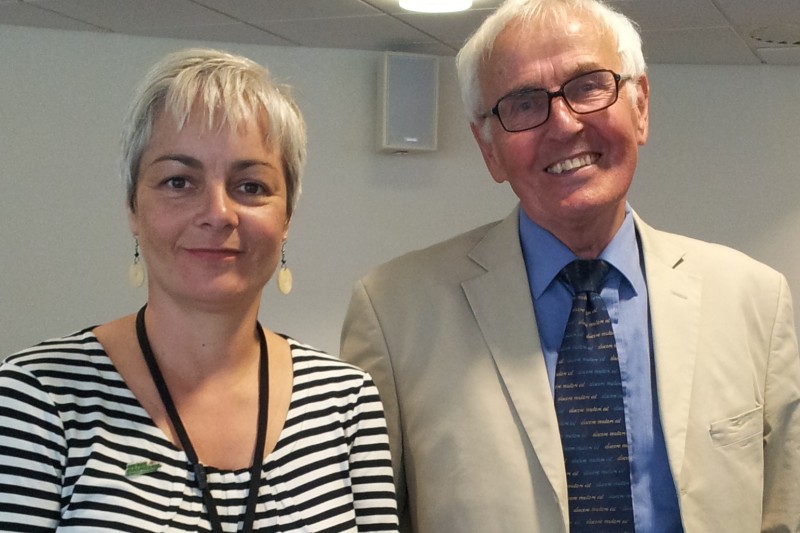A variety of local and national media outlets have featured BU research which examined whether lower-limb prosthetics may lead to an advantage in competitive running.
The Sunday Times published details of the 18-month study, which looked at the potential advantages of so-called 'blade runners' when racing against able-bodied athletes. The study was carried out by Hossein Hassani, Mansi Ghodsi, Mehran Shadi, Siamak Noroozi and Bryce Dyer from Bournemouth University.
Hossein Hassani explained in the article: “Ultimately, this study provides statistical evidence to propose that the number of prosthetic limbs used, the design of such limbs and the length of that event that they are used in has a significant impact on the results on such competitions at the Paralympic Games.
"As a result, this study reveals that the disability sport stakeholders should not just look at the prosthetics technology generally, they should also consider the type of event that they are being used in and the way athletes within these events are classified.”
Other publications such as Medical Design Technology and AskMen also featured the research findings. The evidence from the study was confirmed in a second recently published study, in which the researchers analysed the running performance of athletes with lower limb amputations at the Paralympic Games between 2004 and 2012.
In an interview with BBC Radio Solent, Professor Siamak Noroozi said that the use of such technology in able-bodied sport needs to be considered carefully in the future; the prosthesis’ spring-like design could propel an athlete in a way not like able-bodied athletes, giving them an advantage.


